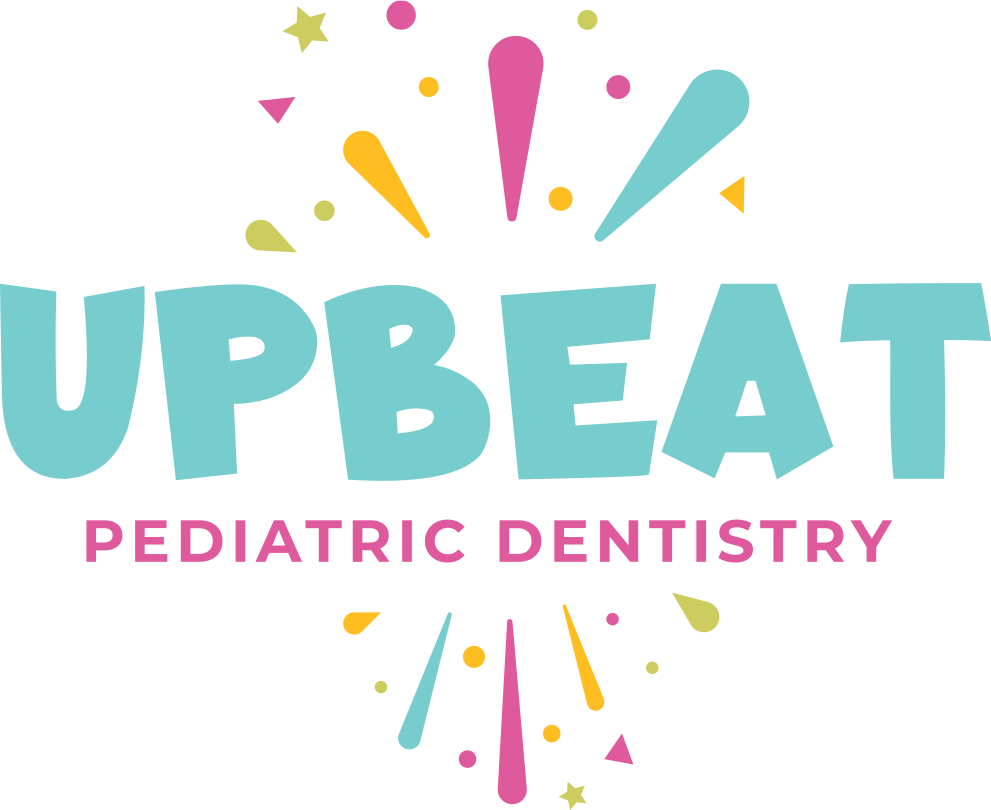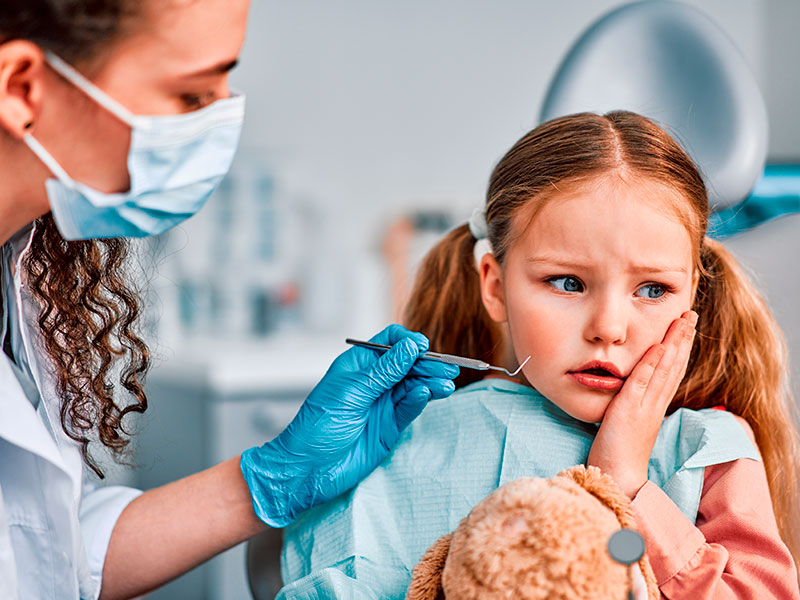Welcoming a new member to the family brings immeasurable joy, and with it comes the responsibility of ensuring your baby’s health and well-being.
While caring for your infant, dental health is a critical aspect that shouldn’t be overlooked. Establishing good oral care habits early on lays the foundation for a lifetime of healthy smiles.
In this guide, we’ll explore the dos and don’ts of dental care for infants to help parents navigate this essential aspect of early childhood development.
The Dos: Building a Foundation for Healthy Smiles
Begin Early: Dental care for your baby should start early, even before the first tooth appears. Wipe your baby’s gums with a soft, damp cloth after feedings to remove bacteria and get them accustomed to oral care.
Introduce Toothbrushing: Once the first tooth emerges, usually around six months, introduce a soft-bristled baby toothbrush. Use a tiny smear of fluoride toothpaste, about the size of a grain of rice.
Establish a Routine: Consistency is key. Set a regular routine for toothbrushing, making it a part of your baby’s morning and bedtime rituals. A predictable routine helps your baby associate toothbrushing with daily activities.
Promote Healthy Nutrition: A balanced diet contributes to strong teeth and gums. Limit sugary snacks and drinks, emphasizing nutritious options like fruits, vegetables, and dairy products.
Schedule Regular Dental Check-ups: Schedule your baby’s first dental visit by their first birthday or when the first tooth appears. Early check-ups allow the dentist to monitor development and provide guidance on oral care practices.
Lead by Example: Babies are keen observers. Let them see you practicing good oral hygiene. This sets a positive example and makes toothbrushing a shared and enjoyable activity.
The Don’ts: Avoiding Common Pitfalls in Infant Dental Care
Delay the First Dental Visit: Don’t postpone your baby’s first dental visit. Early check-ups are essential for preventive care and addressing any emerging concerns promptly.
Use Too Much Toothpaste: For children under three, a smear of fluoride toothpaste is sufficient. Avoid using more than this amount, as excessive fluoride ingestion can lead to fluorosis, a cosmetic dental issue.
Put Babies to Bed with Bottles: Avoid putting your baby to bed with a bottle containing anything other than water. Prolonged exposure to sugary liquids can lead to “baby bottle tooth decay.”
Ignore Teething Symptoms: Teething can be uncomfortable for babies. Provide teething rings or gently rub your baby’s gums with a clean finger. Avoid using topical medications without consulting a healthcare professional.
Neglect Regular Check-ups: Even if your baby appears to have healthy teeth, regular dental check-ups are essential for monitoring development and addressing issues before they become serious.
Use Adult Toothpaste: Stick to baby-friendly fluoride toothpaste. Adult toothpaste contains higher levels of fluoride, which can be harmful if ingested by young children.
Nurturing Healthy Smiles from the Start
Proactive dental care for infants involves a combination of early initiation, consistency, and parental guidance. By incorporating these dos and avoiding common pitfalls, you set the stage for optimal oral health.
At Upbeat Pediatric Dentistry, we specialize in providing comprehensive dental care tailored to the unique needs of children. Our team of experienced professionals is committed to delivering child-friendly dental services, from preventive care to addressing oral health issues.
If you have questions or concerns about your baby’s oral health, schedule an appointment with us, our experienced professionals are here to guide you.
Together, let’s nurture healthy smiles and instill positive oral care habits for a lifetime of dental well-being.


